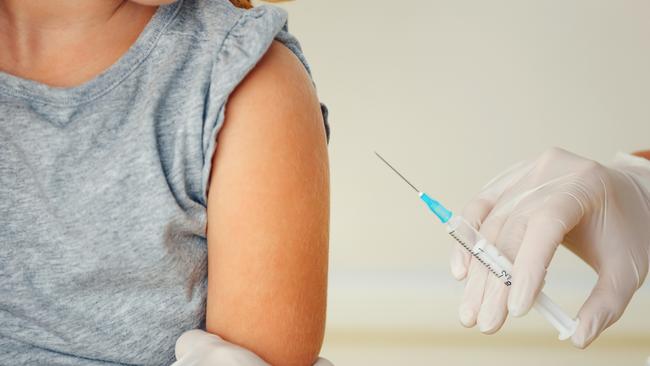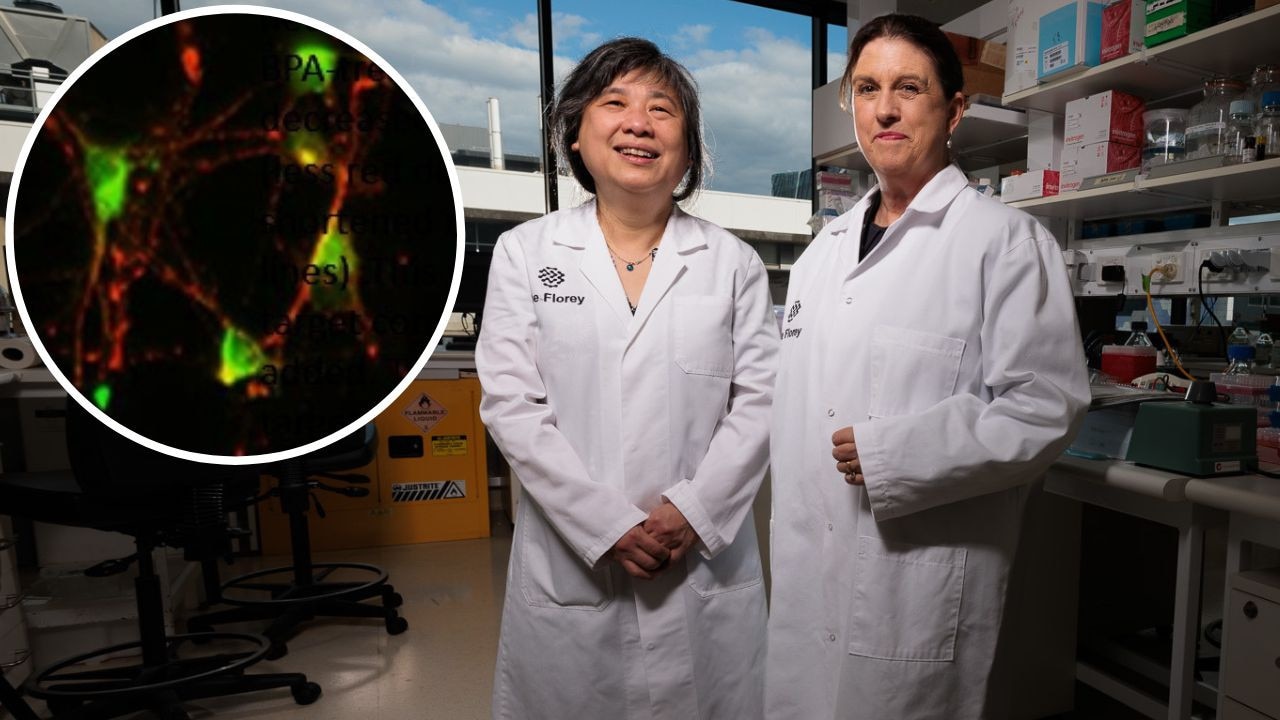Measles, flu surges alarm health chiefs
A summer flu surge and a measles outbreak have health authorities urging more Australians to get vaccinated.

A summer flu surge and a measles outbreak have health authorities on alert and urging more Australians to get vaccinated.
More than 6000 Australians were diagnosed with influenza in December, three times as many as at the previous year’s end. Holiday travel and public gatherings put more people at risk.
Queensland alone recorded 2028 cases last month, more than three times higher than the five-year December average. The number of cases recorded in November was also up.
“We must remain vigilant during 2019 because, as we’ve seen in the past, flu can occur at any time of the year and every flu season can be different,” said Queensland Health’s Jonathan Malo.
NSW also experienced a late surge in flu cases in 2018, which had otherwise been a much better year than 2017 for flu preparedness.
“Notifications of influenza did increase across NSW in December with 816 cases reported but this unseasonal increase was also noted in other states and territories across Australia,” a NSW Health spokesman said.
“Testing found three strains of influenza — influenza A (H1N1), influenza A (H3N2) and influenza B, the same strains that circulated during winter.
“Supplies of influenza vaccine remain available from general practitioners. Pregnant women in particular are urged to be vaccinated.”
A spokesman for Victoria’s Department of Health and Human Services said flu cases peaked in September last year but there had been a “slight increase in notifications in November-December”.
“Flu vaccine is highly recommended for people in higher risk groups such as older people, pregnant women and those with pre-existing medical conditions that put them at risk of serious complications of the flu,” the spokesman said.
“There are some easy steps to take to prevent getting and spreading the flu, such as coughing or sneezing into your elbow and washing your hands thoroughly.
“If you’re really sick, stay away from work and other places where you’ll spread the flu.”
Australia’s defences against measles have also been tested in recent weeks.
NSW Health confirmed last week that a fifth person had contracted measles after being exposed to an infectious child visiting from Thailand.
In the latest case, an unvaccinated man in his 20s visited Sydney’s Darling Harbour, Town Hall, Newtown and Marrickville while infectious between January 4 and 8.
People who may have been exposed to him in that period may not know if they have contracted measles until January 26.
Symptoms of measles include fever, sore eyes and a cough followed three or four days later by a red, blotchy rash spreading from the head and neck to the rest of the body.
It is so contagious that people who suspect they have measles should phone ahead to a GP clinic to ensure they do not have to spend time around other patients in the waiting room.
Health authorities have been alert to the potential for similar outbreaks after people with measles were confirmed to have been in public while contagious in Canberra, Newcastle, Brisbane and Perth.
Authorities want more people to be vaccinated to help with herd immunity.
The proportion of children being fully immunised has increased in recent years, and last year a record number of people had the flu shot, however there are still pockets of concern.


